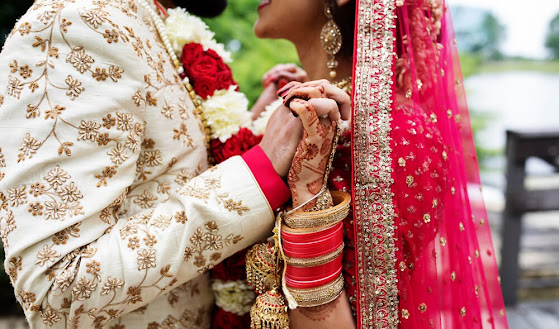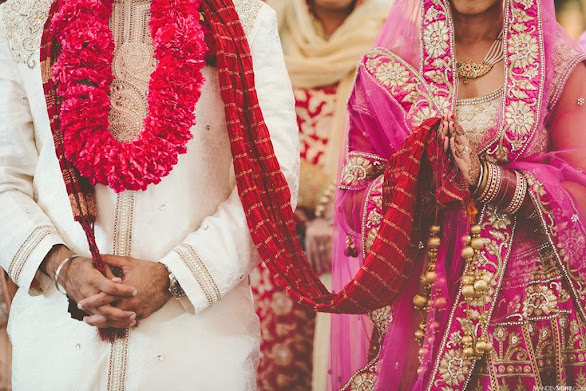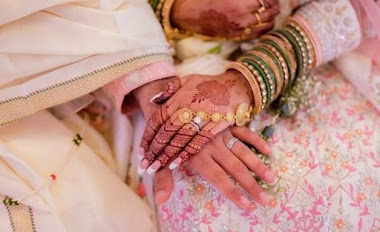Reason why NRI Grooms more in Demand Compared to Indian Grooms
In recent years, a noticeable trend has emerged in the world of arranged marriages in India – the growing demand for Non-Resident Indian (NRI) grooms. This phenomenon has sparked discussions and debates, raising questions about the reasons behind this preference. The preference for NRI grooms over Indian grooms is multifaceted, influenced by a combination of economic, cultural, and aspirational factors. Here are some factors contributing to the increasing demand for NRI grooms and examines the implications of this trend on Indian society.
Economic Stability and Opportunities:
One of the prominent reasons driving the preference for NRI grooms is the perception of better economic stability and opportunities that they often bring to the table. Many NRIs, especially those living in developed countries, tend to have access to well-paying jobs and a higher standard of living. This financial security is seen as advantageous for the bride and her family, as it ensures a more comfortable life and future prospects. In contrast, the economic uncertainties and competition in the Indian job market can lead to the perception that NRI grooms offer greater financial stability.
Cross-Cultural Exposure and Open-Mindedness:
NRI grooms typically possess a unique blend of cultural exposure from both their home country and the country they reside in. This exposure often translates into a broader worldview and open-mindedness, which can be appealing to potential partners. Families might believe that NRI grooms will be more accepting of modern ideas and practices, contributing to a harmonious marital relationship that balances tradition with progressive thinking. This perceived cultural adaptability can make NRI grooms appear more attractive to families seeking compatibility and understanding between spouses.
Educational Achievements and Professional Success
NRI grooms are often perceived as having higher educational qualifications and professional success compared to their Indian counterparts. The educational and career opportunities available abroad can result in NRI grooms holding advanced degrees and occupying positions of responsibility. This perception feeds into the idea that NRI grooms are more likely to provide a secure and comfortable future for their partners. Families might view such qualifications as a testament to the NRI groom's dedication and ambition, which can be considered essential qualities for a successful marriage.
Escape from Dowry Pressure
Unfortunately, dowry remains a deep-seated concern in parts of Indian society. The preference for NRI grooms is sometimes influenced by the belief that they are less likely to demand dowry. This perception might stem from the idea that NRIs, having grown up in a more egalitarian environment, are less prone to adhere to traditional dowry practices. This aspiration for a marriage free from financial burdens can make NRI grooms more appealing to families seeking to avoid the pitfalls associated with dowry-related disputes.
Status and Prestige
In some cases, the preference for NRI grooms can be attributed to the desire for social status and prestige. Marrying an NRI can be seen as a symbol of upward mobility and success, not just for the bride but for her family as well. The notion of being connected to a global network and belonging to a family with international ties can carry a sense of pride. This perception can be magnified in societies where status and appearances play a significant role in shaping perceptions.
Impact on Indian Society
While the preference for NRI grooms is driven by various factors, this trend also has its implications for Indian society. The practice can sometimes perpetuate stereotypes and reinforce certain biases. For instance, the assumption that NRI grooms are inherently more virtuous or enlightened than Indian grooms can be misleading and unfair. Additionally, the focus on financial stability and overseas opportunities might overshadow qualities like compatibility, shared values, and emotional connection that are vital for a successful marriage.
The increasing demand for NRI grooms in the context of arranged marriages in India is a complex phenomenon influenced by economic, cultural, and social factors. A successful marriage is built on a foundation of mutual respect, understanding, and shared values – qualities that should not be overshadowed by economic and social aspirations. As Indian society evolves, it's essential to prioritize compatibility and emotional connections alongside other considerations when choosing life partners.




Comments
Post a Comment